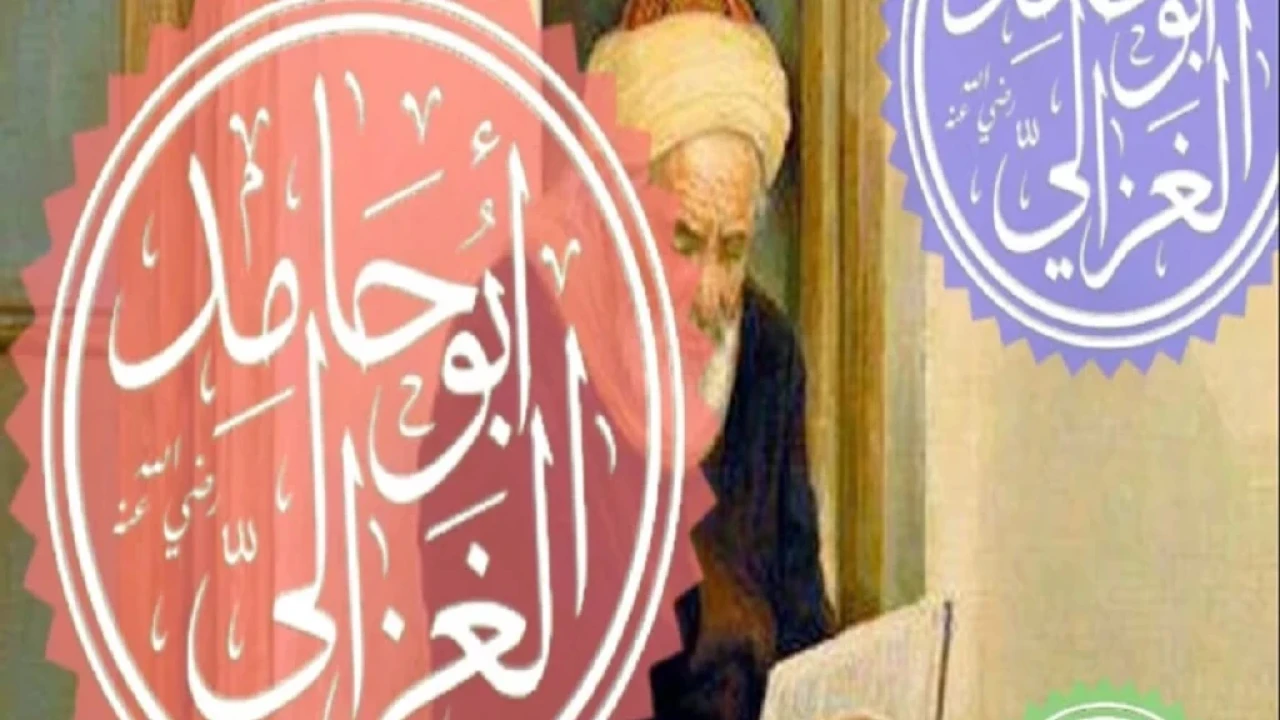Gus Ulil affirms Al-Ghazali is not the cause of Islam's decline
NU Online · Senin, 29 November 2021 | 16:29 WIB
Jakarta, NU Online
Some people think that Imam Al-Ghazali is the cause of the decline of Muslims. Responding to this accusation, the young NU intellectual Ulil Abshar Abdallah (Gus Ulil) asserted that Imam Al-Ghazali was not the cause of the decline of Islam, on the contrary. The proof is that Al-Ghazali started with a discussion of science in his Ihya Ulumiddin.
By prioritizing the discussion of science, said Gus Ulil, it meant that Al-Ghazali is a figure of a scholar who prioritizes knowledge. While knowledge itself is an important element in religion. Without knowledge, it is impossible for Muslims towards progress.
Furthermore, Gus Ulil explained, by prioritizing the discussion of science, it became clear that Al-Ghazali encouraged Muslims to win global competitions. Because, only with knowledge the competition could be won.
"This also emphasizes that Muslims should not be stupid, religion should actually increase the love of knowledge," he said in a religious gathering to discuss Ihya Ulumiddin with Gus Ulil Abshar Abdallah organized by PCNU Karawang, West Java, on Sunday (11/28/2020).
The son-in-law of KH Mustofa Bisri (Gus Mus) continued, Al-Ghazali's position as a scholar who encouraged the progress of Muslims was more assertive with the discussion of creed after science. This proves that creed and science cannot be separated.
In addition, the introduction to the discussion of science before creed is also in line with the discourse of Asy'ariyah theology which explains that creed (aqidah) must be based on knowledge. "Not by taqlid without knowing the arguments," added Gus Ulil.
The uniqueness of Ihya 'Ulumuddin
On that occasion, Gus Ulil also revealed the uniqueness of Ihya Ulumiddin seen from the sequence of discussions. This book consists of four volumes with each volume there are ten sub-chapters. That means, Al-Ghazali made this book into 40 sub-chapters or main titles in each discussion.
“In Islamic tradition, forty is a sacred number. Many historical events are symbolized by the number,” said Gus Ulil.
In several events, for example, Prophet Muhammad (PBUH) was appointed as an apostle at the age of forty years, Prophet Musa performed so-called uzlah on Mount Tursina also for forty days, the flood that hit Noah's people was also forty days, and it is said that humans reached the age of maturity at the age of forty years.
In addition to using symbols of sacred numbers, the sequence of Ihya Ulumiddin's discussion is also in accordance with the cycle of human life. By starting with the discussion of science, it shows that knowledge is a priority. Then closed with a discussion so-called dhikrul maut wa ma ba'daha (remembering death and the things that happen after it) which indicates the end of the journey of human life.
Furthermore, in the 17th discussion about seeking rizki which indicates that entering the age of 17 years, humans are able to live independently. While the discussion of marriage in the 20th chapter indicates that at the age of 20, a person is fit for marriage.
Contributor: Muhammad Abror
Editor: Sudarto Murtaufiq
Terpopuler
1
Khutbah Jumat: Maulid Nabi Muhammad dan 5 Tugas Kenabian
2
Khutbah Jumat: Tidak Ada Alasan untuk Tidak Bersyukur atas Kelahiran Rasulullah
3
Peristiwa Pengemudi Ojol Tewas Dilindas Polisi Picu Perlawanan Rakyat Lebih Besar
4
Khilaf dan Kurang Cermat, PBNU Minta Maaf Telah Undang Peter Berkowitz
5
Kapolda Metro Jaya Diteriaki Pembunuh oleh Ojol yang Hadir di Pemakaman Affan Kurniawan
6
PMII Jakarta Timur Tuntut Keadilan Usai Kadernya Tertembak Peluru Karet hingga Tembus Dada
Terkini
Lihat Semua





















